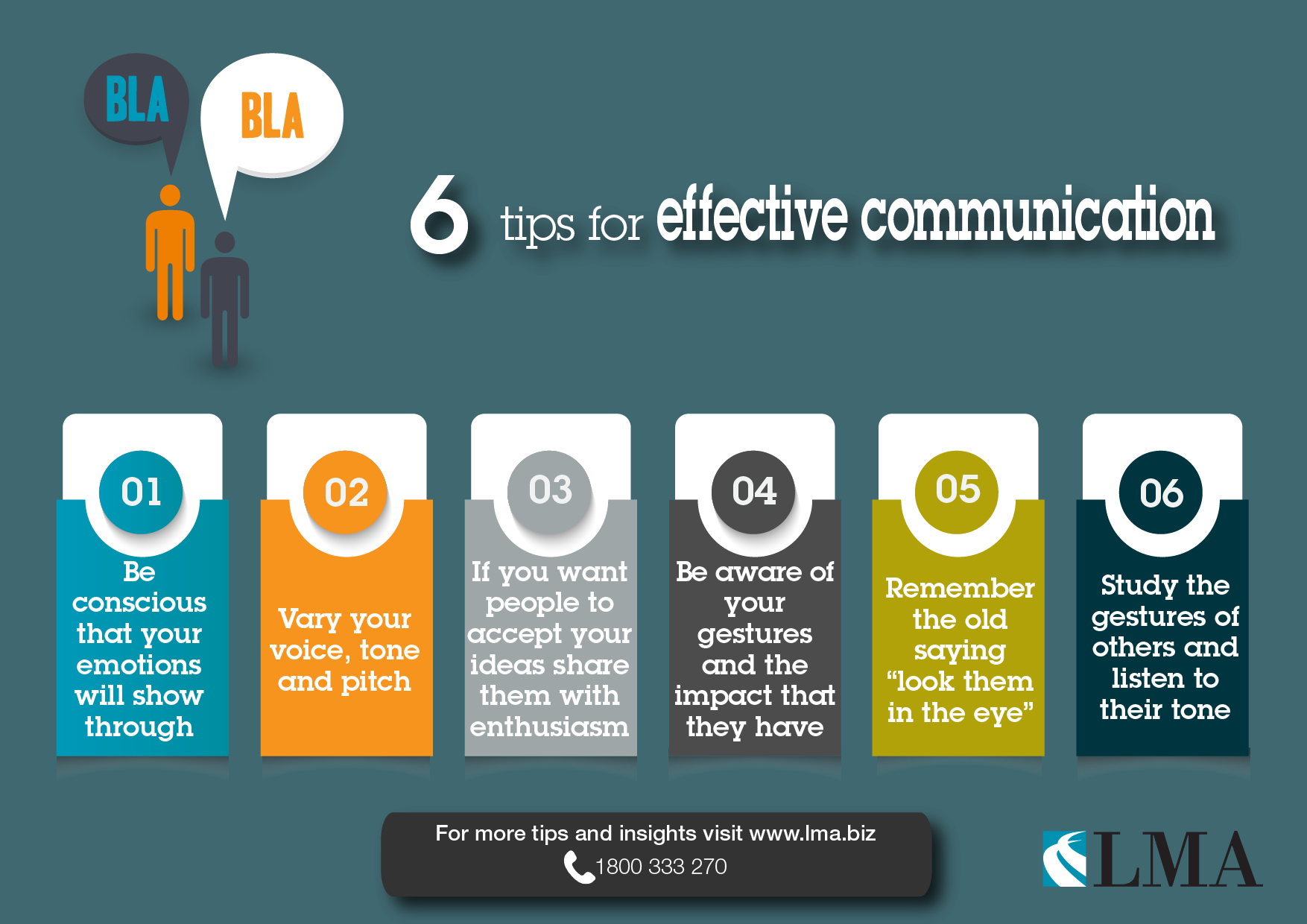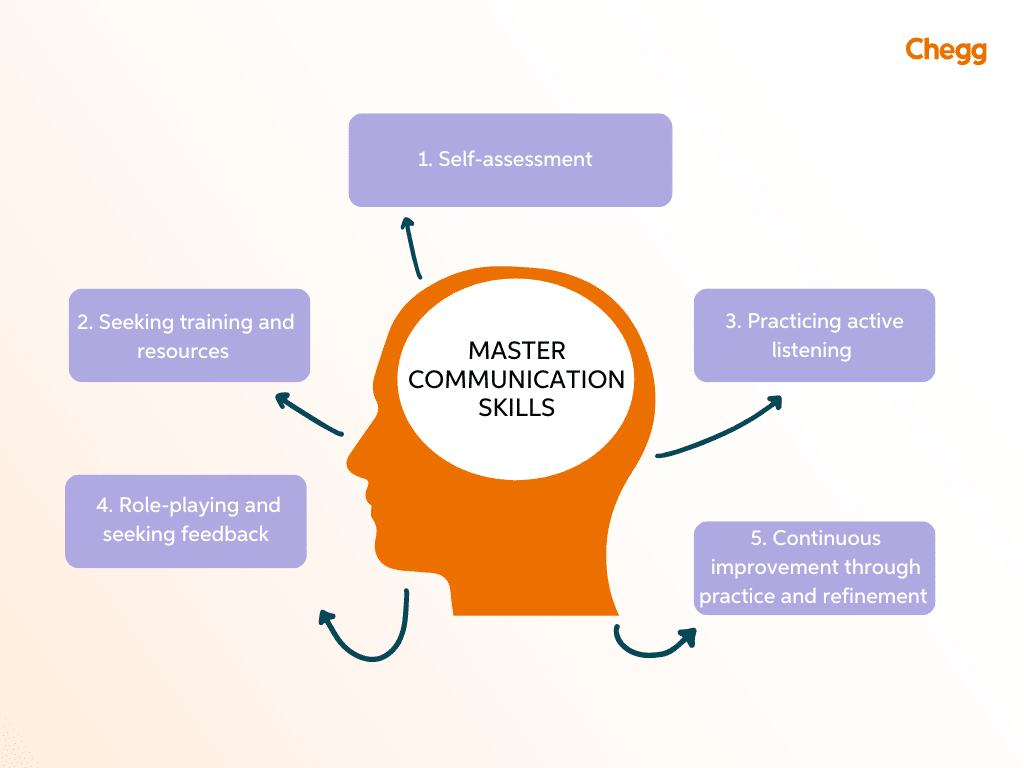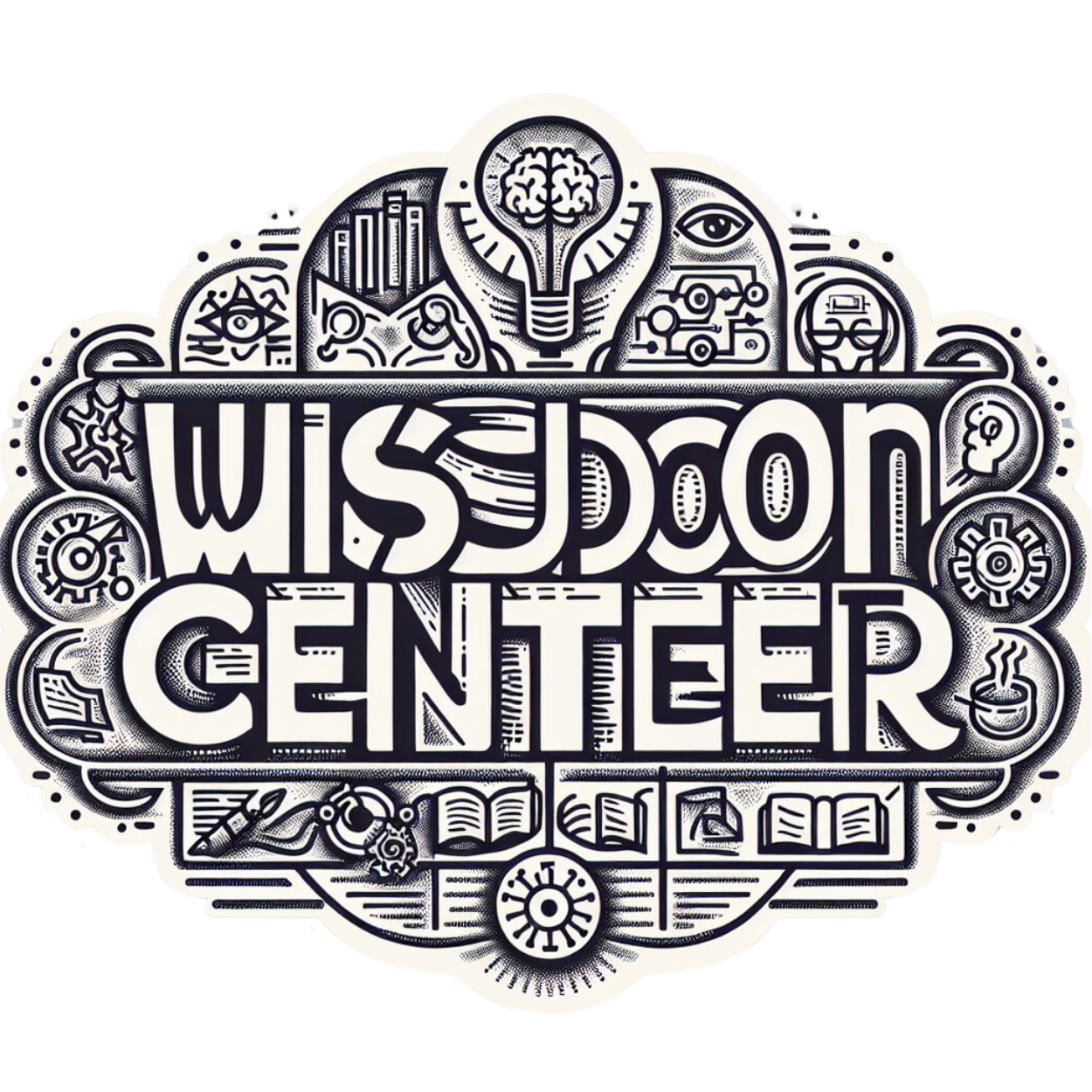
Effective communication is a cornerstone of successful professional and personal relationships. Mastering this skill can lead to enhanced collaboration, reduced conflicts, and improved understanding in all areas of life. This article explores key strategies to help you improve your communication skills, ensuring you can navigate both your professional and personal interactions with greater ease and success.
1. Active Listening
Active listening is more than just hearing words; it involves fully engaging with the speaker. Here’s how to practice it effectively:
- Focus on the Speaker: Avoid distractions such as your phone or computer. Give the speaker your undivided attention.
- Use Non-Verbal Cues: Nodding and maintaining eye contact show that you’re engaged.
- Reflect and Clarify: Repeat back what you’ve heard in your own words to confirm understanding. Ask clarifying questions if necessary.
2. Clear and Concise Messaging
To ensure your messages are received as intended:
- Be Direct: Avoid ambiguity. State your message clearly and concisely.
- Organize Your Thoughts: Plan what you want to say before speaking to avoid rambling.
- Use Simple Language: Choose words that are easily understood by your audience.
3. Empathy
Empathy involves understanding and sharing the feelings of others. It’s crucial for building strong relationships:
- Put Yourself in Their Shoes: Try to understand the situation from the other person’s perspective.
- Acknowledge Feelings: Show that you recognize and validate the other person’s emotions.
- Respond Appropriately: Tailor your response based on the emotional context of the conversation.
4. Non-Verbal Communication
Non-verbal cues often speak louder than words. Pay attention to:
- Body Language: Your posture, gestures, and facial expressions convey a lot of information.
- Tone of Voice: How you say something can affect its meaning. Ensure your tone matches your message.
- Facial Expressions: Be aware of how your expressions may be interpreted.
5. Constructive Feedback
Providing and receiving feedback effectively is essential for growth:
- Be Specific: Focus on particular behaviors or actions rather than general traits.
- Be Constructive: Offer solutions or suggestions for improvement rather than just criticism.
- Stay Positive: Frame your feedback in a way that encourages improvement and maintains morale.
6. Adaptability
Being adaptable allows you to communicate effectively with diverse individuals:
- Adjust Your Style: Modify your communication style based on the audience. For example, be more formal in professional settings and more relaxed in personal interactions.
- Be Open to Different Perspectives: Embrace different viewpoints and adjust your approach as needed.
7. Effective Questioning
Asking the right questions can enhance communication by:
- Encouraging Dialogue: Open-ended questions prompt more detailed responses and foster conversation.
- Clarifying Points: Use questions to ensure you understand the speaker’s message fully.
- Exploring Ideas: Questions can help in brainstorming and generating new ideas.
8. Avoiding Common Pitfalls
Be mindful of common communication barriers:
- Avoid Interrupting: Let the speaker finish before responding.
- Steer Clear of Assumptions: Base your responses on what’s actually being said, not what you assume.
- Manage Emotions: Keep your emotions in check to prevent them from clouding your communication.
9. Building Trust
Trust is fundamental to effective communication. To build and maintain trust:
- Be Honest: Transparency and honesty are crucial for establishing credibility.
- Follow Through: Keep your promises and commitments to build reliability.
- Show Respect: Value the other person’s opinions and time.
10. Continuous Improvement
Effective communication is a skill that can always be refined:
- Seek Feedback: Regularly ask for feedback on your communication style from trusted colleagues or friends.
- Practice Regularly: Engage in conversations and public speaking opportunities to enhance your skills.
- Learn from Mistakes: Reflect on past communication challenges and learn from them.
Conclusion
Mastering effective communication skills is essential for both professional success and personal fulfillment. By actively listening, being clear and concise, practicing empathy, and continually improving, you can significantly enhance your interactions and relationships. Implement these strategies to foster better understanding and collaboration in all areas of your life.
4o mini

